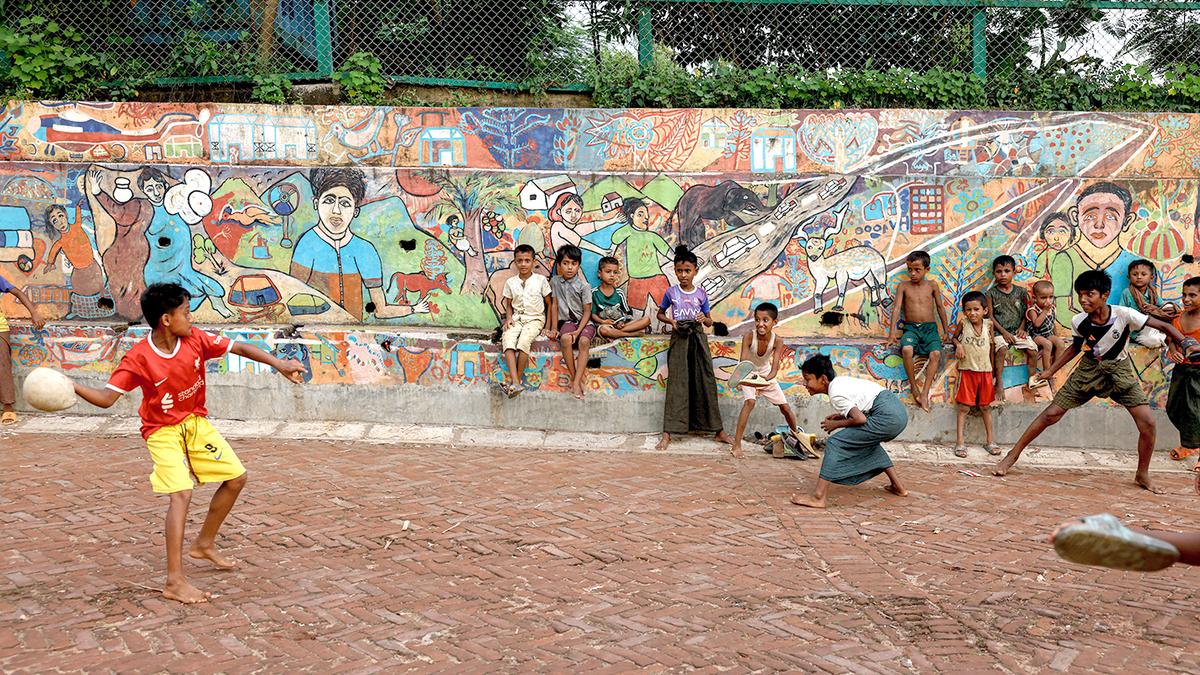
Rohingya in Bangladesh mobilise to fight alongside Myanmar’s military
The Hindu
Rohingya refugees in Bangladesh join armed struggle in Myanmar, raising concerns of escalating violence and regional involvement.
One day in July, Rafiq, who spoke on the condition that only his first name be used, slipped out of the world’s largest refugee settlement in southern Bangladesh and crossed the border into Myanmar on a small boat. His destination: a ruinous civil war in a nation that he had fled in 2017.
Thousands of Rohingya insurgents, like 32-year-old Rafiq, have emerged from camps housing over a million refugees in Cox’s Bazar, where militant recruitment and violence have surged this year, according to four people familiar with the conflict and two internal aid agency reports.
“We need to fight to take back our lands,” said Rafiq, a lean and bearded man in a Muslim prayer cap who spent weeks fighting in Myanmar before returning after he was shot in the leg.
“There is no other way.”
The Rohingya, a mainly Muslim group that is the world’s largest stateless population, started fleeing in droves to Bangladesh in 2016 to escape what the UN has called a genocide at the hands of Buddhist-majority Myanmar’s military.
A long-running rebellion in Myanmar has gained ground since the military staged a coup in 2021. It involves a complex array of armed groups — with Rohingya fighters now entering the fray. Many have joined groups loosely allied with their former military persecutors to fight the Arakan Army (AA), an ethnic militia that has seized much of the western Myanmar State of Rakhine, from which many Rohingya fled.
The junta in Myanmar denied in a statement that it had conscripted any “Muslims.” “Muslim residents requested protection. So, basic military training was provided in order to help them defend their own villages and regions,” it said.

The 29th edition of the Conference of Parties (COP29), held at Baku in Azerbaijan, is arguably the most important of the United Nations’ climate conferences. It was supposed to conclude on November 22, after nearly 11 days of negotiations and the whole purpose was for the world to take a collective step forward in addressing rising carbon emissions.










